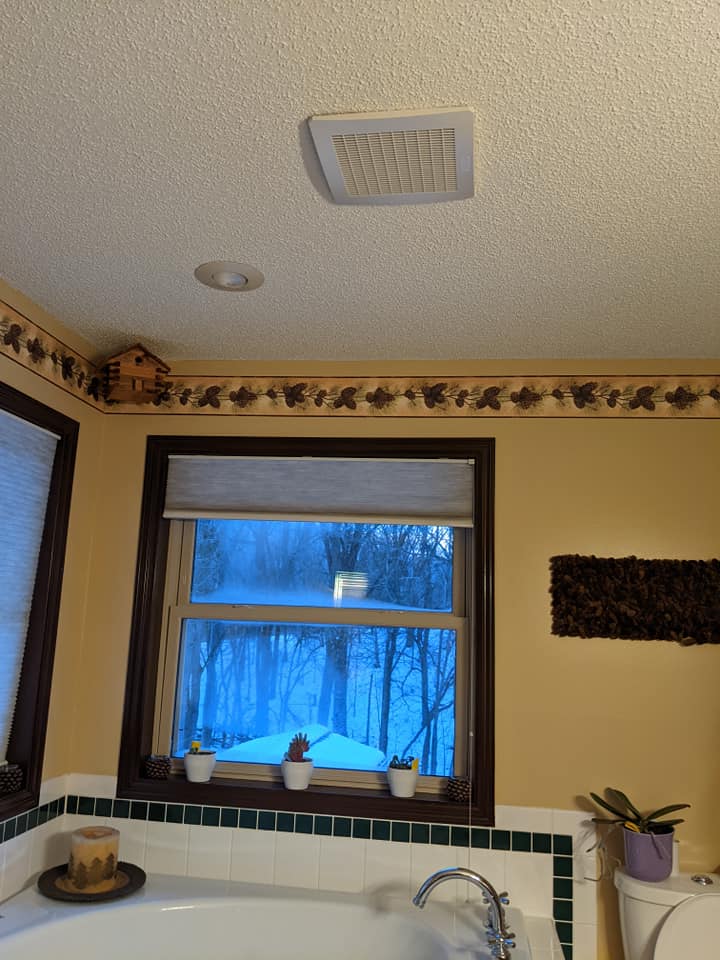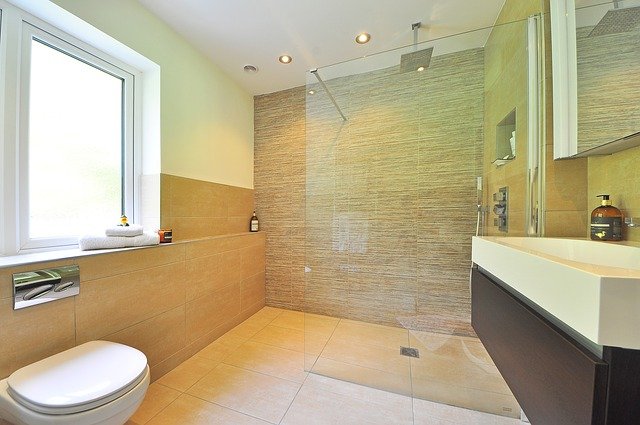WHY DOES MY BATHROOM SMELL LIKE SEWAGE

Do you often notice a sewer smell coming from your bathroom? Does it smell like sewage? If so, you are not alone. A variety of different issues can cause sewage odors and can have serious health implications if left untreated. In this article, we will explain why there is a sewer smell in your bathroom and provide tips on preventing or eliminating the odor in the future.
P-Trap and Drain Maintenance
The P trap is fitted to all sinks and drains in the bathroom and requires regular use and maintenance to prevent clogs, which can lead to a sewage smell. Dead skin, soap, hair, and other debris can quickly build up and cause an unpleasant odor. To keep your drain running smoothly, you’ll need to plumb away the blockages with a professional snake or auger. Cleaning with a drain brush and pouring boiling water and vinegar can also help eliminate the smell. Baking soda followed by hot water will further cleanse the pipes. Regular maintenance will ensure your drain remains healthy and free of any nasty odors. With proper waste disposal combined with regular cleaning, your bathroom should stay smelling sweet as ever!
Toilet Issues

Toilet damage, such as wax ring sealing and caulking, can lead to sewage gas leakage. The toilet bowl is secured to the floor with a wax ring, which seals it from any external waste. If this seal is damaged or broken, gases can escape into the bathroom. Caulking around the base of the toilet also helps prevent leaks. If either of these are cracked or missing, a professional should be called to repair them immediately. Additionally, regular use and maintenance of the toilet bowl will help keep it in good condition and free from odors. If not properly handled, ventilation and bacteria growth can further contribute to unpleasant smells.
Ventilation and Bacteria

Ventilation and bacteria growth can contribute to unpleasant odors if not managed properly. Poor ventilation in the plumbing system causes a build-upbuild-up of air pressure, leading to blockages and sewer gas leakage. Bacteria can also thrive in sewage systems, resulting in foul odors. To prevent this issue, it is important to maintain proper airflow and inspect regularly for blockages. Cleaning with bleach is effective in killing bacteria and reducing bacterial growth. Regular cleaning with vinegar-boiling water mixtures helps reduce smells caused by organic matter build-upbuild-up. Finally, checking for cracks or damage in the toilet’s base can help stop gases from escaping into the bathroom. Proper maintenance and inspection can keep their bathroom smelling fresh and free of odor-causing bacteria.
External Factors
External factors such as heavy rainfall can lead to sewer backups and consequent bad odors in the home. Sewer gas, containing hydrogen sulfide and methane, builds up under negative pressure and can cause gurgling toilets and a sewage smell. To prevent this, one should:
- Install a backflow valve to prevent future backflow issues
- Check for full septic tanks, which can also cause odor
- Have regular maintenance of septic tanks
- Call a professional plumber if problems persist. Allowing the issue to go untreated causes an unpleasant smell in the bathroom and poses health risks due to the explosive gas mixture in sewer gas, thus requiring prompt action for safety. With proper treatment, however, a safe environment can be ensured, moving into the next step of tackling potential health hazards with help from professionals.
Health Risks and Professional Help
Sewer gas containing hydrogen sulfide and methane can pose health risks if untreated. Prompt action is necessary to avoid complications for those affected. A plumber or professional plumbing service may be required to diagnose and repair any issues. Table 1 outlines the potential health risks associated with sewer gases, as well as solutions recommended by experts:
Conclusion
Sewage smells in the bathroom can be unpleasant, but many causes and solutions are available. Cleaning drains with boiling water and vinegar is a simple step that can help reduce odors. Installing a backflow valve may prevent sewer backups caused by heavy rainfall. If the home is not connected to municipal sewers, septic tank maintenance and pumping are necessary to avoid odors. Sewer gases may also pose health risks if left untreated, so prompt action should be taken when dealing with sewage smell issues. If all else fails, seeking professional help for the best resolution is recommended.






